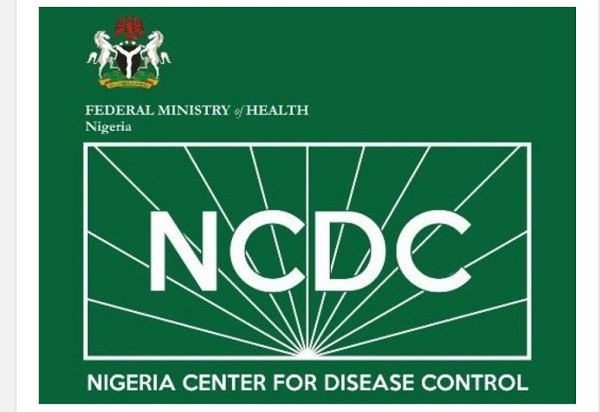
The Nigeria Centre for Disease Control and Prevention (NCDC) said it has recorded 216 confirmed cases of diphtheria in the country, with 40 deaths registered as of the fifth week of 2023.
Lead of NCDC’s Diphtheria/Pertussis Technical Working Group, Dr. Bola Lawal, told Science Nigeria that the confirmed cases were reported across Kano (211), Yobe (two), Lagos (two) and Osun (two).
Science Nigeria understands that, according to the World Health Organisation (WHO), diphtheria is an infection caused by the bacterium Corynebacterium diphtheriae.
Signs and symptoms usually start two to five days after exposure and range from mild to severe. Symptoms often come on gradually, beginning with a sore throat and fever.
In severe cases, the bacteria produce a poison (toxin) that causes a thick grey or white patch at the back of the throat.
This can block the airway making it hard to breathe or swallow and also create a barking cough. The neck may swell in part due to enlarged lymph nodes
Lawal said that the majority of the deaths were recorded in Kano (38), while Lagos recorded two deaths.
He further disclosed that the agency was supporting response activities in Kano, Lagos, Yobe, Osun, Yobe and Katsina states. Of these 216 confirmed cases, 27 were fully vaccinated, 84 were unvaccinated and 20 were partly vaccinated.
“Kano State has recorded 396 suspected cases with 211 confirmed cases; Yobe has recorded 78 suspected cases with two confirmed cases, Katsina has 34 suspected cases but no confirmed case yet, Lagos has recorded 14 suspected cases and two confirmed cases and Osun has one confirmed case so far.
“We have also recorded 40 deaths with a case fatality rate of 18.5 per cent. Of the 216 confirmed cases, 184 (85.2 per cent) were aged two to 14 years from both sexes.”
He noted that there was low immunisation for the pentavalent vaccine, poor surveillance and limited laboratory capacity to properly diagnose the disease and pointed out that the agency was supporting intensified activities to conduct routine immunisation among children under two years, particularly in Kano State.
The agency, he further narrated, has harmonised surveillance and laboratory data from across states and laboratories, with the sensitisation/training of clinical and surveillance officers on the presentation, prevention and surveillance for diphtheria in states where rapid response teams were deployed.
Meanwhile, the director-general of the NCDC, Dr. Ifedayo Adetifa stressed that “Surveillance is everybody’s responsibility; it is not just enough to see. If you see something suspicious, report it to your local government [or] the NCDC and then they can investigate.”
Science Nigeria recalled that children under five and adults over 60 years old are particularly at risk of getting it.
People living in crowded or unclean conditions, those who aren’t well nourished, and children and adults who don’t have up-to-date immunizations are also at risk.

